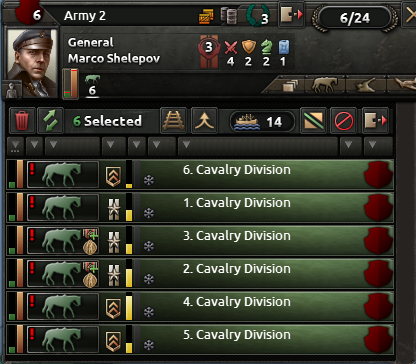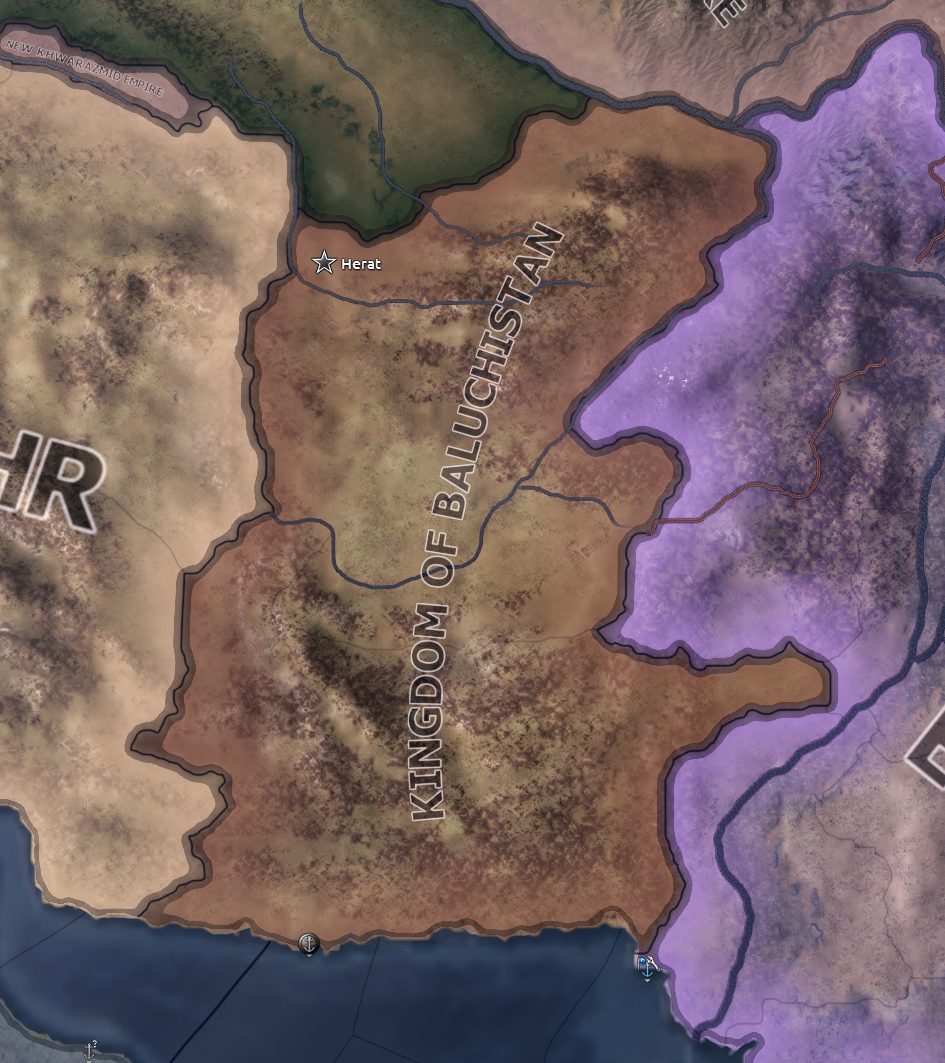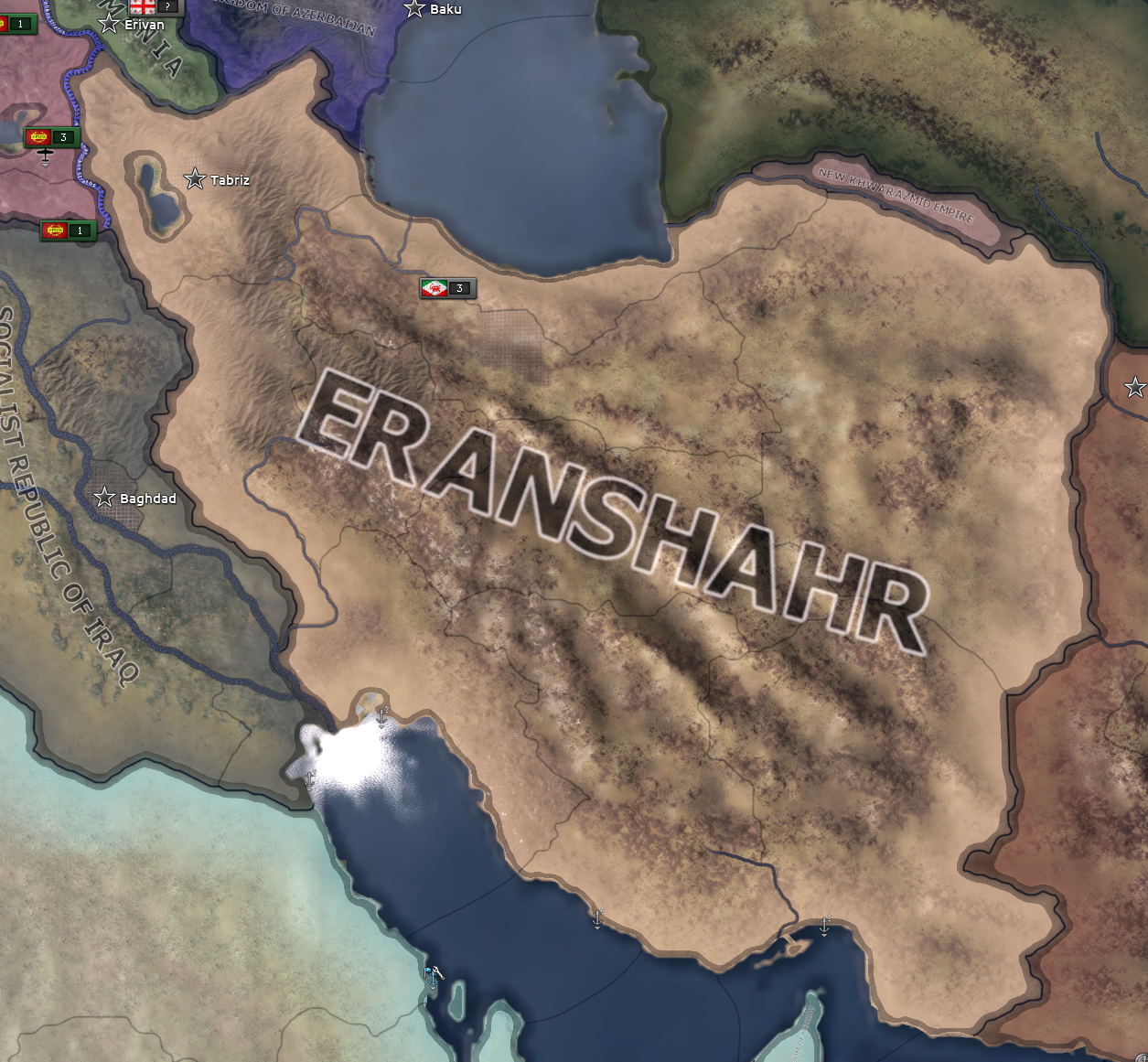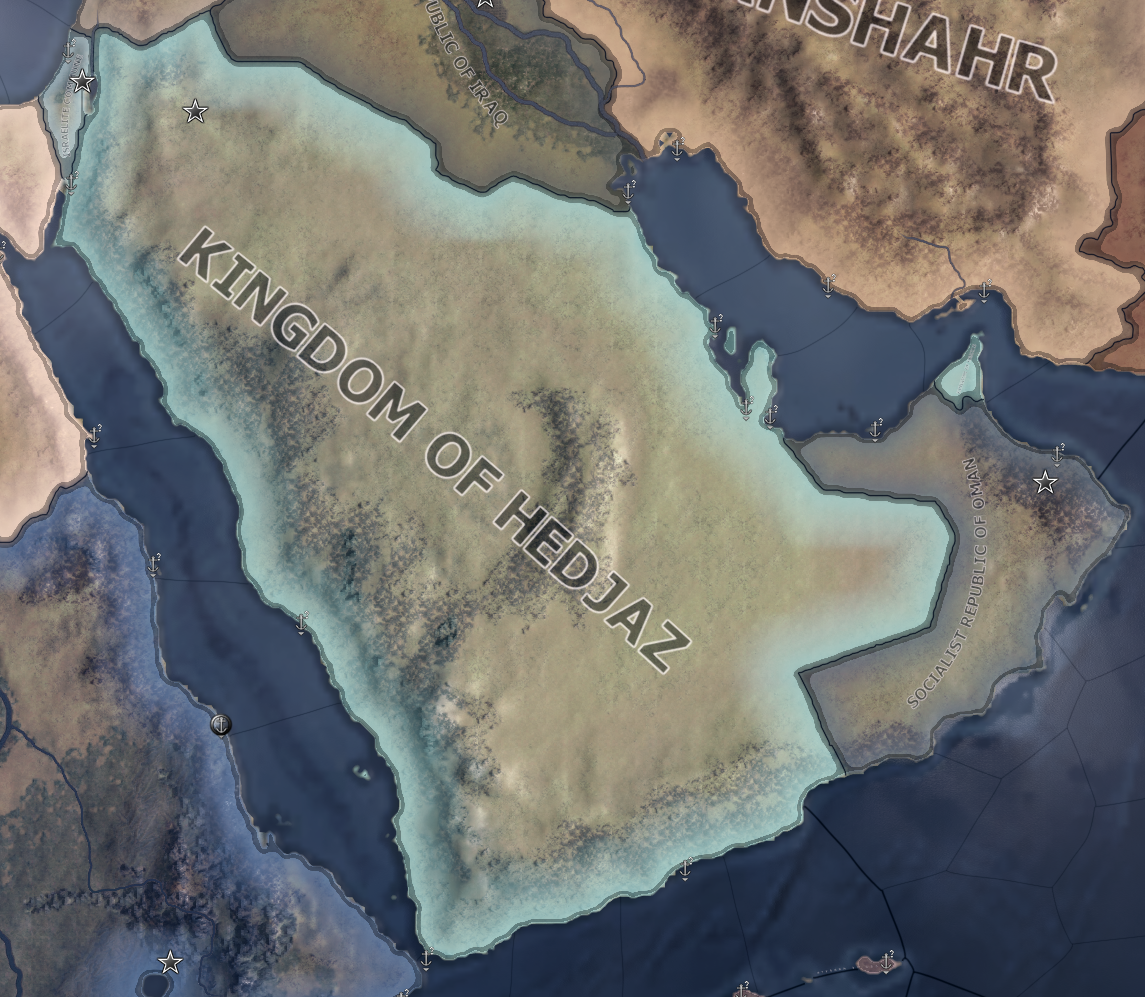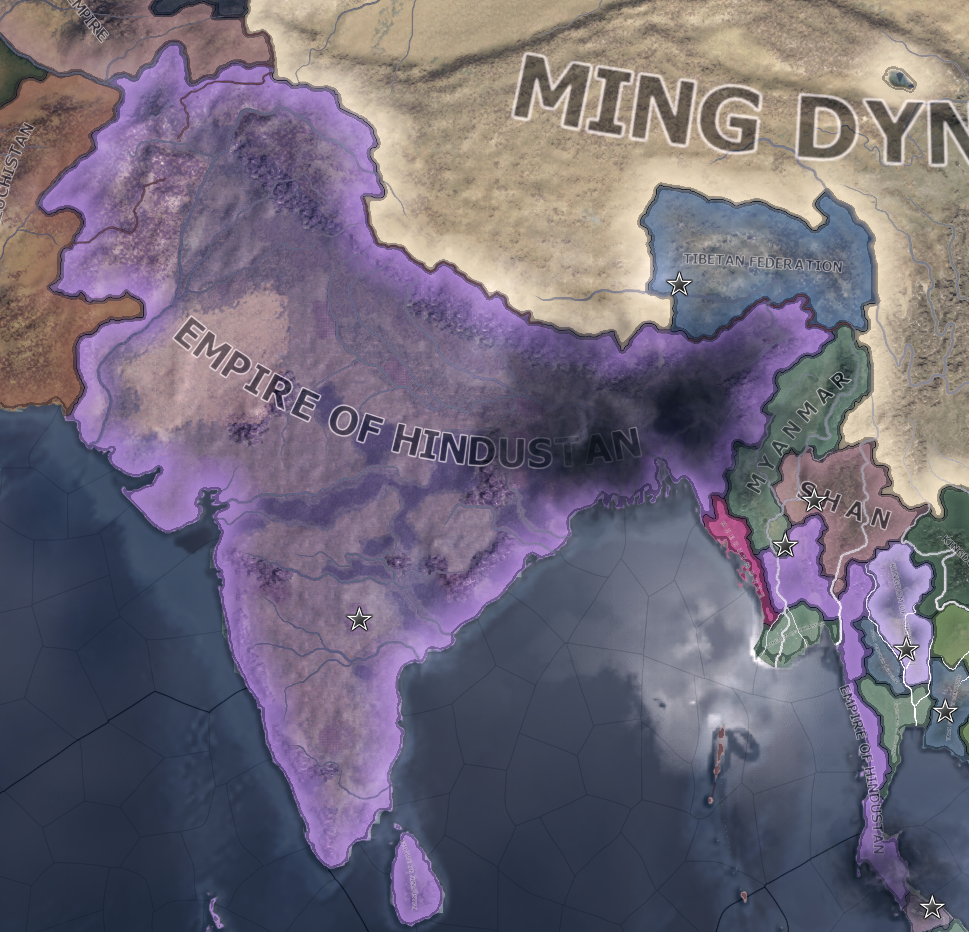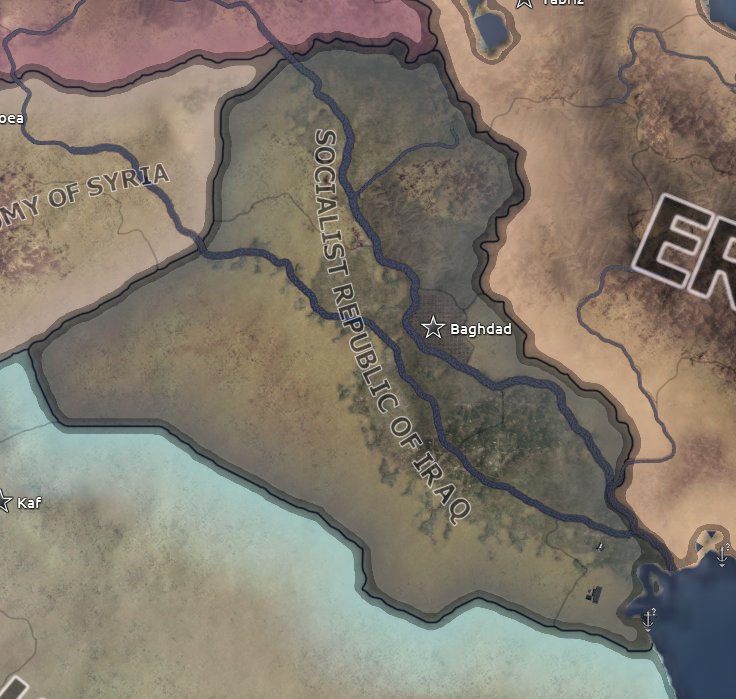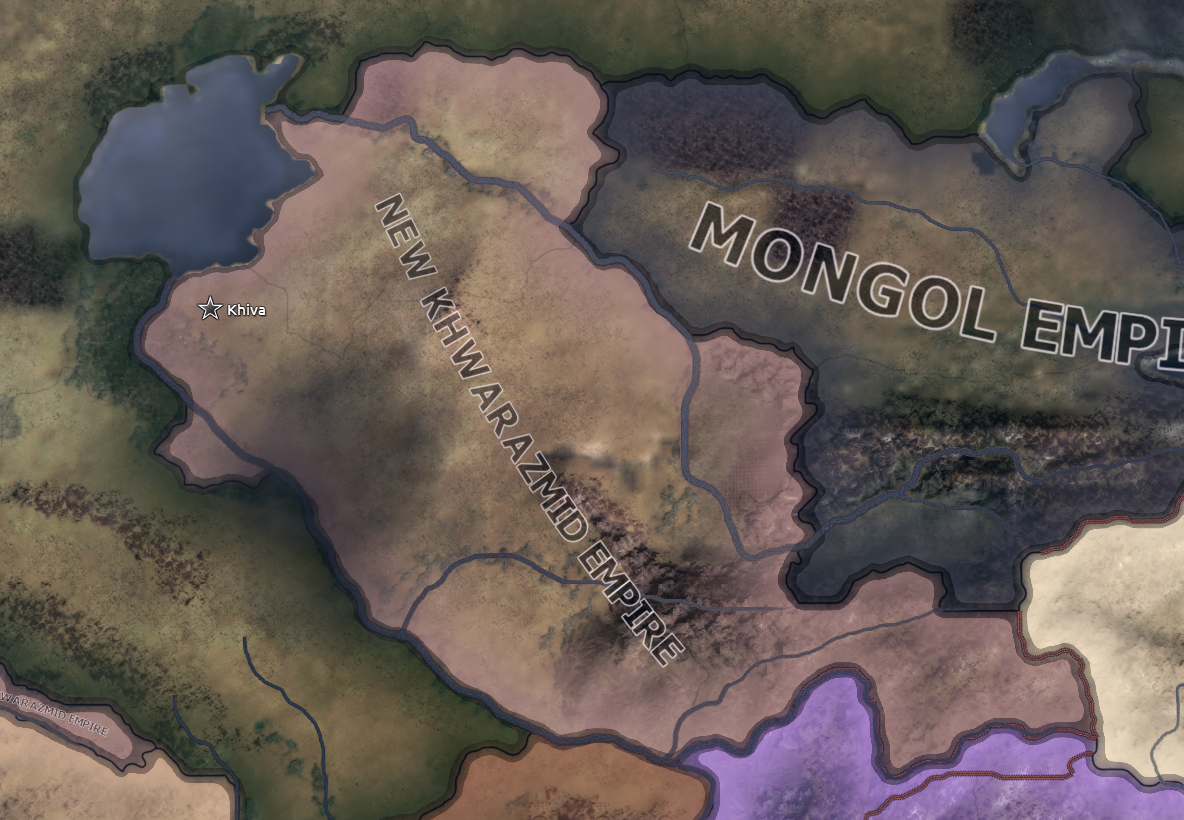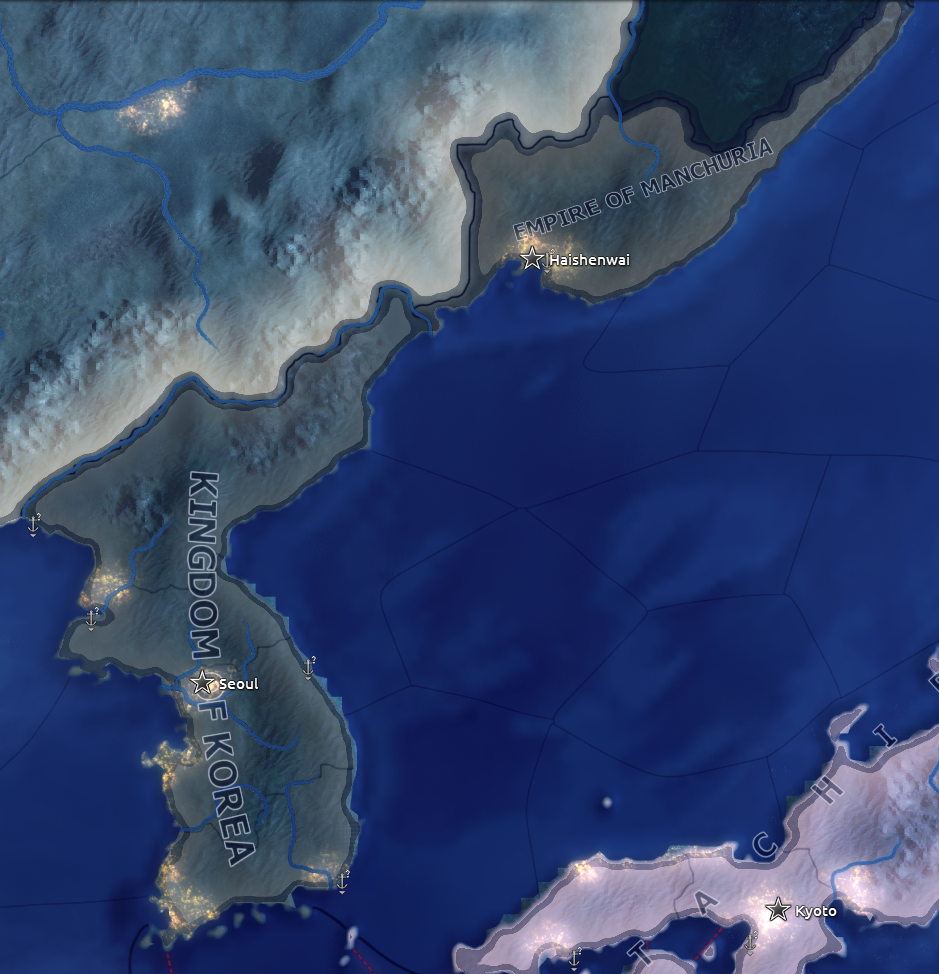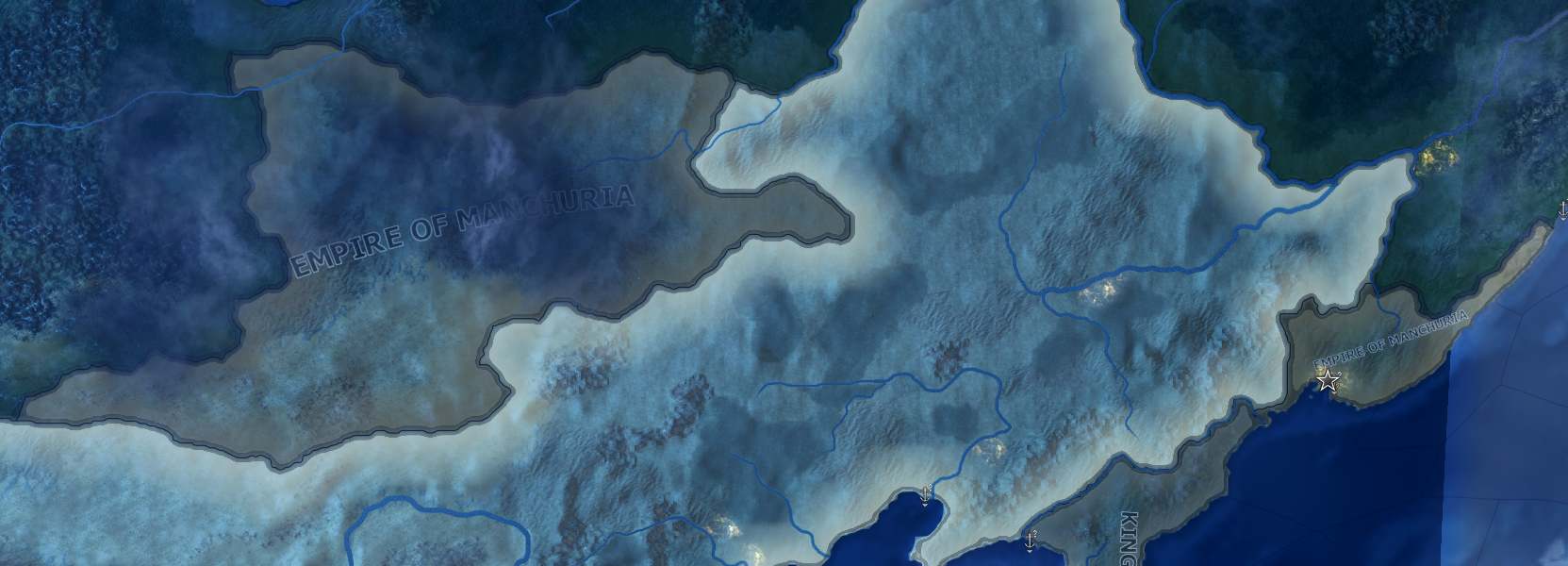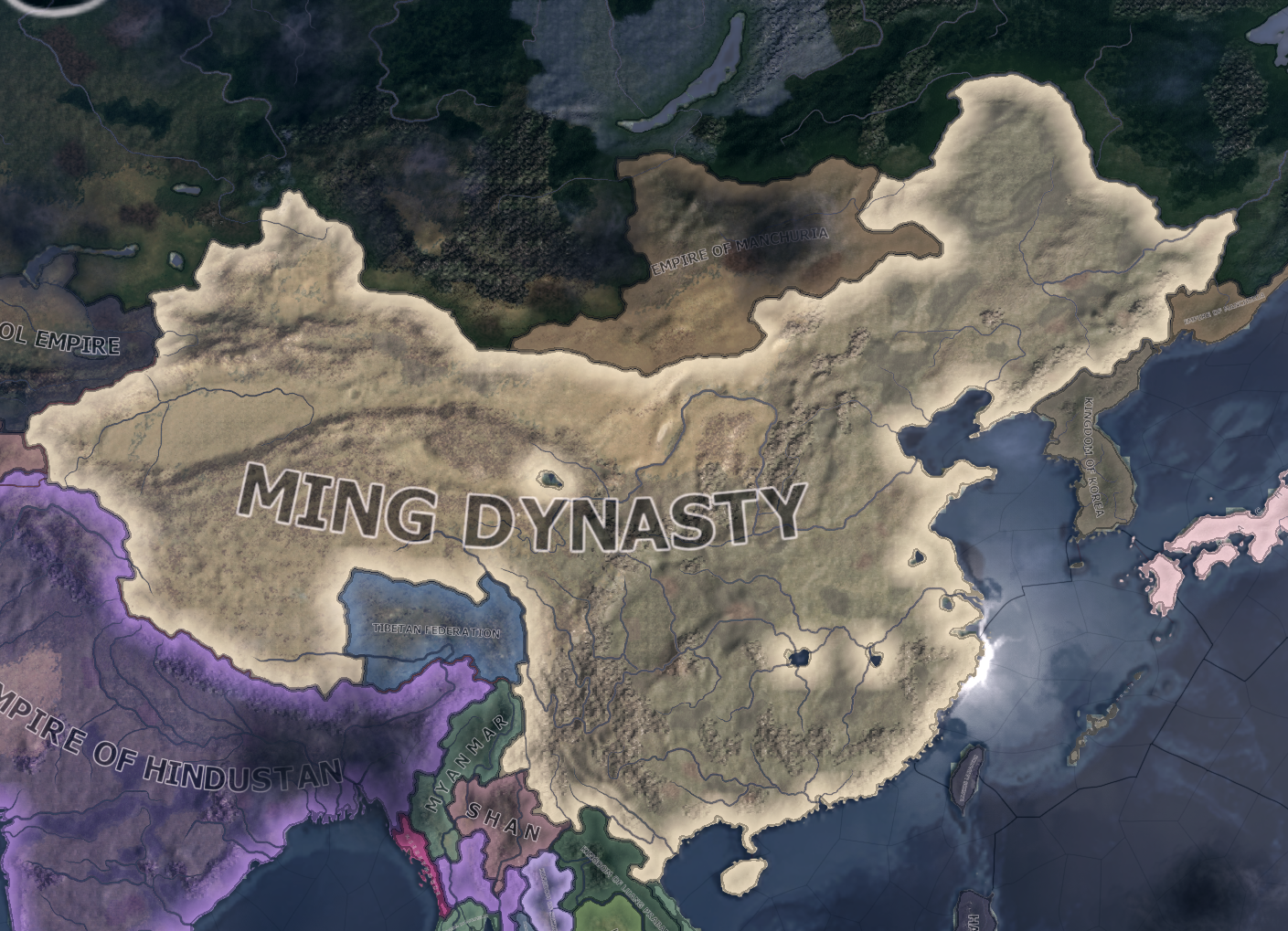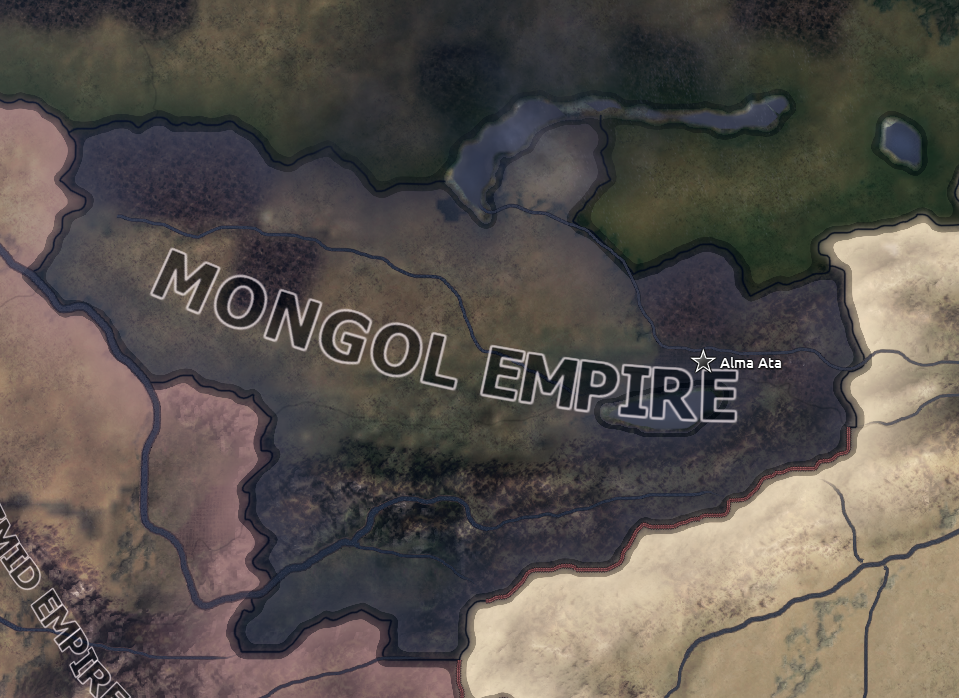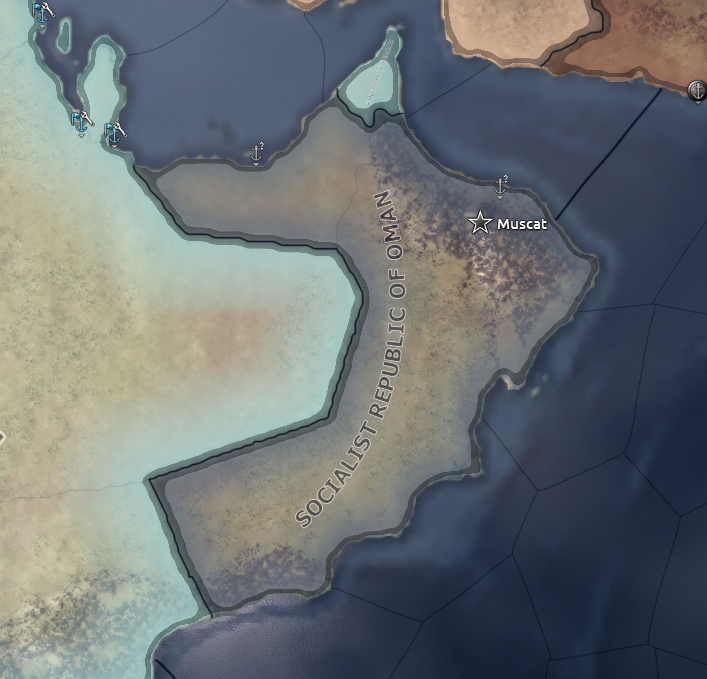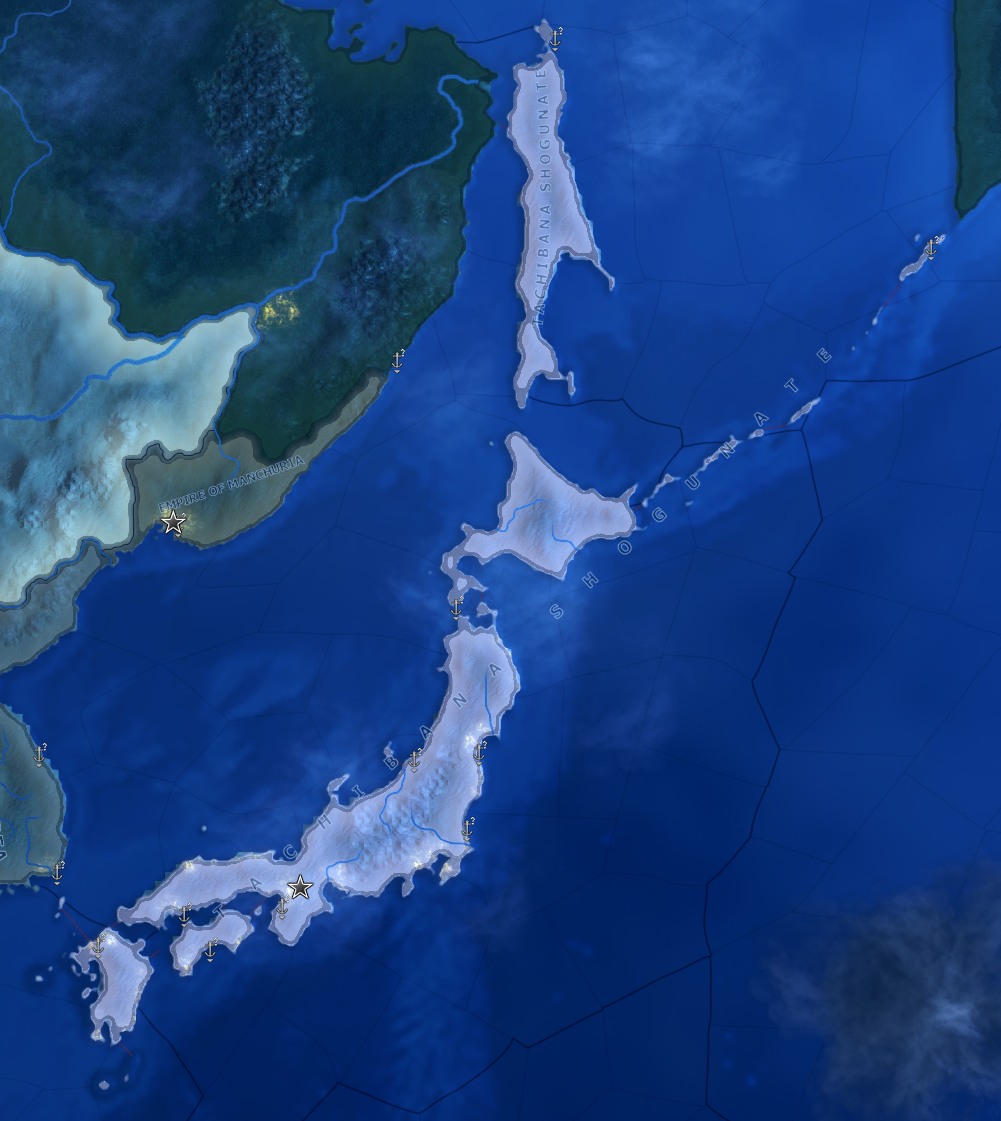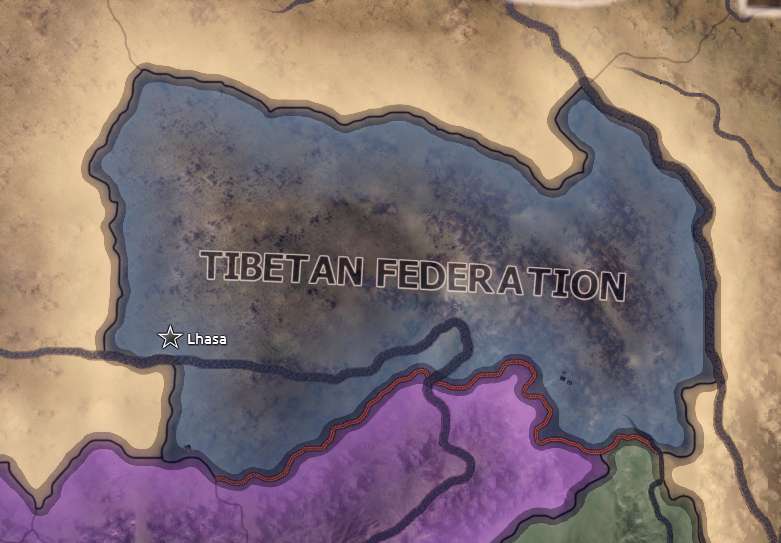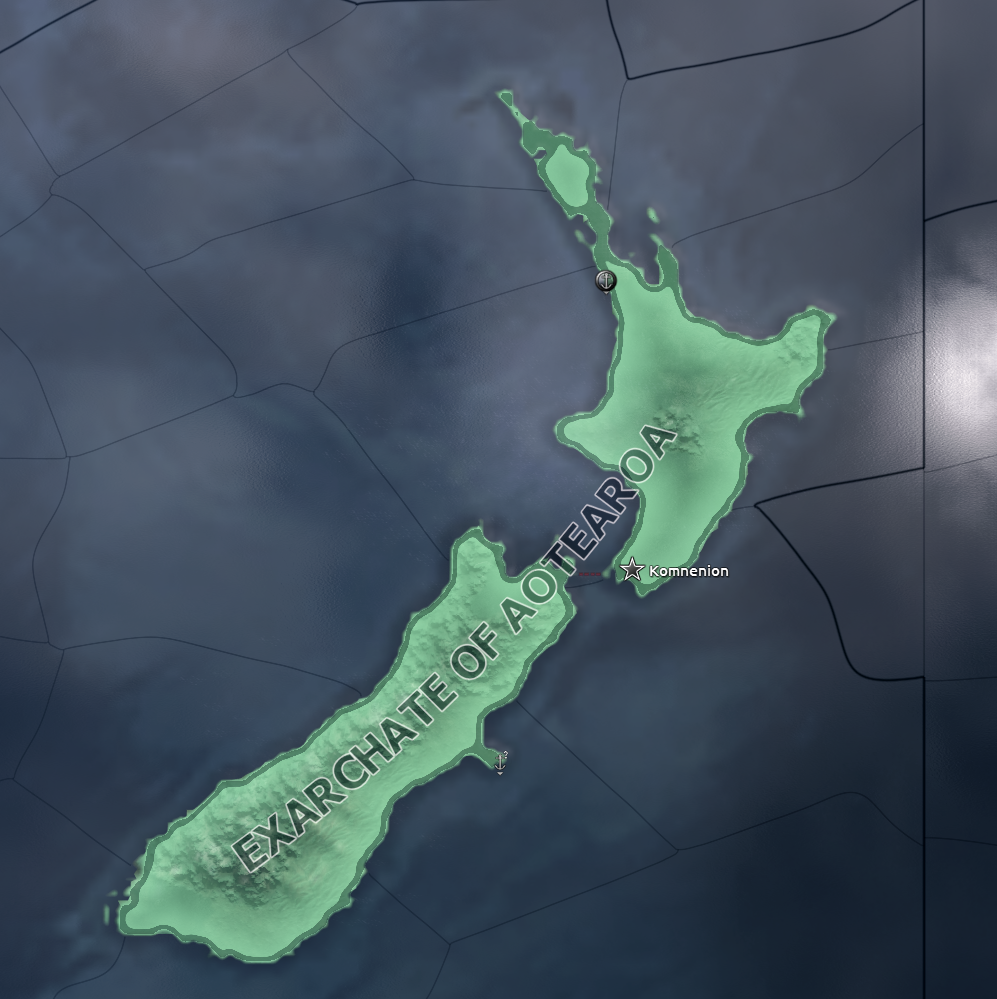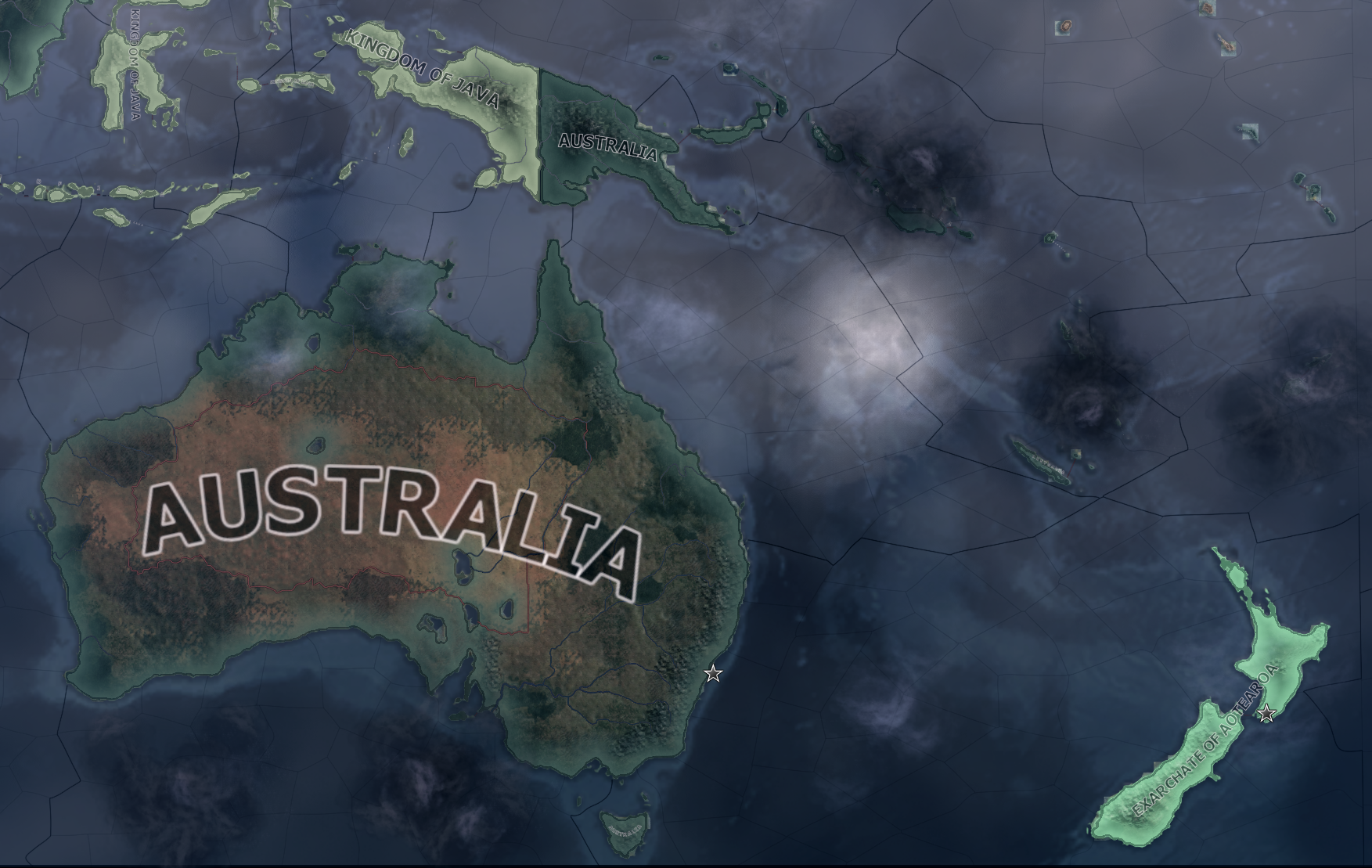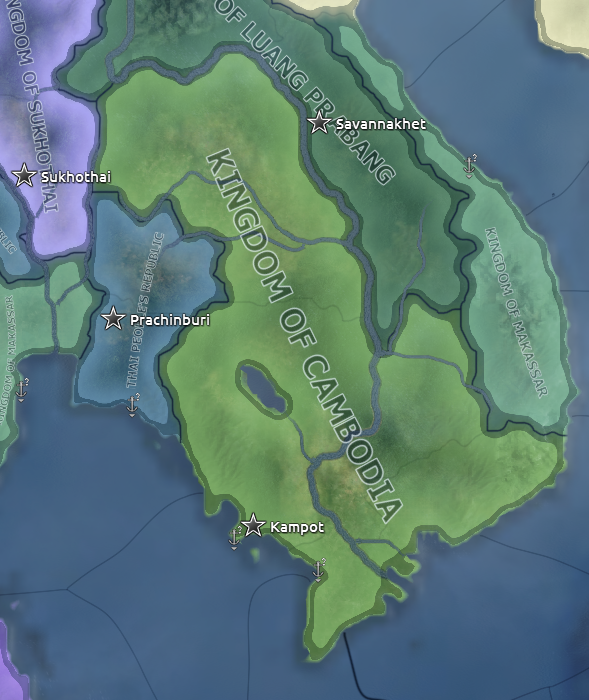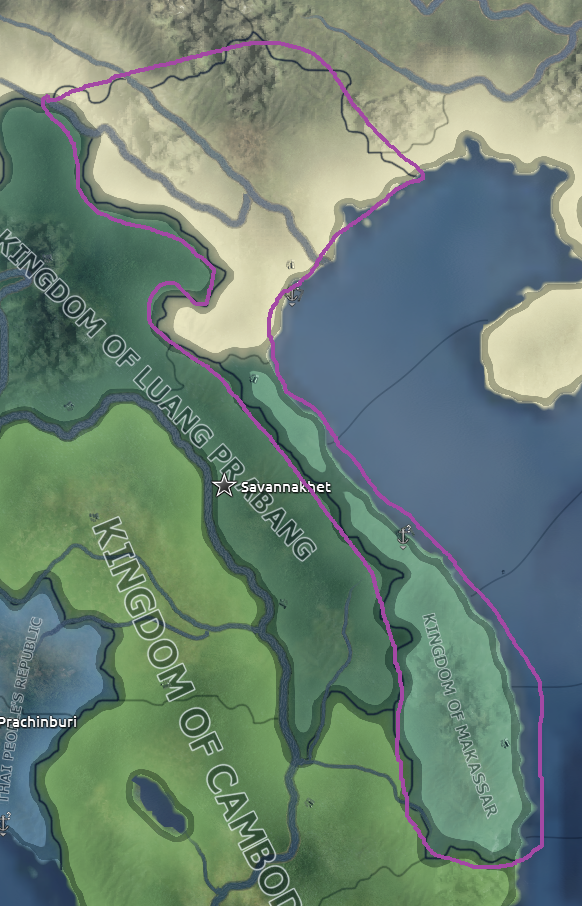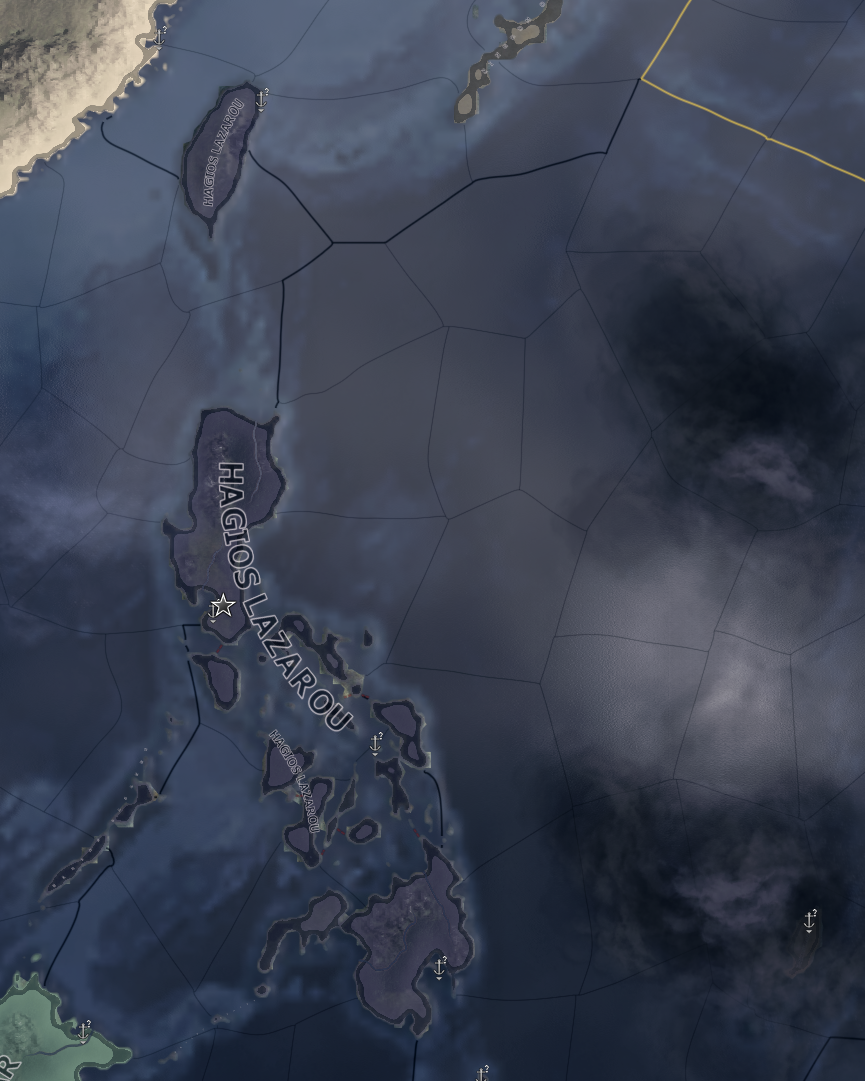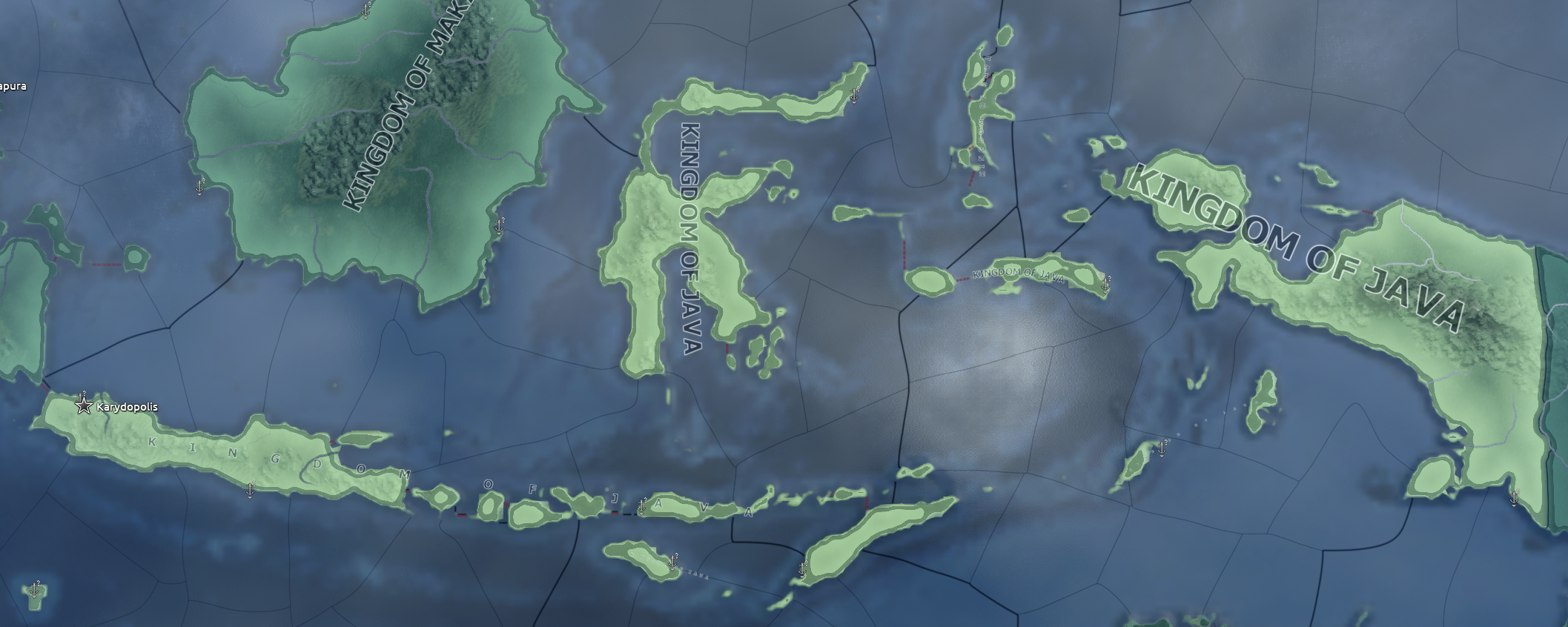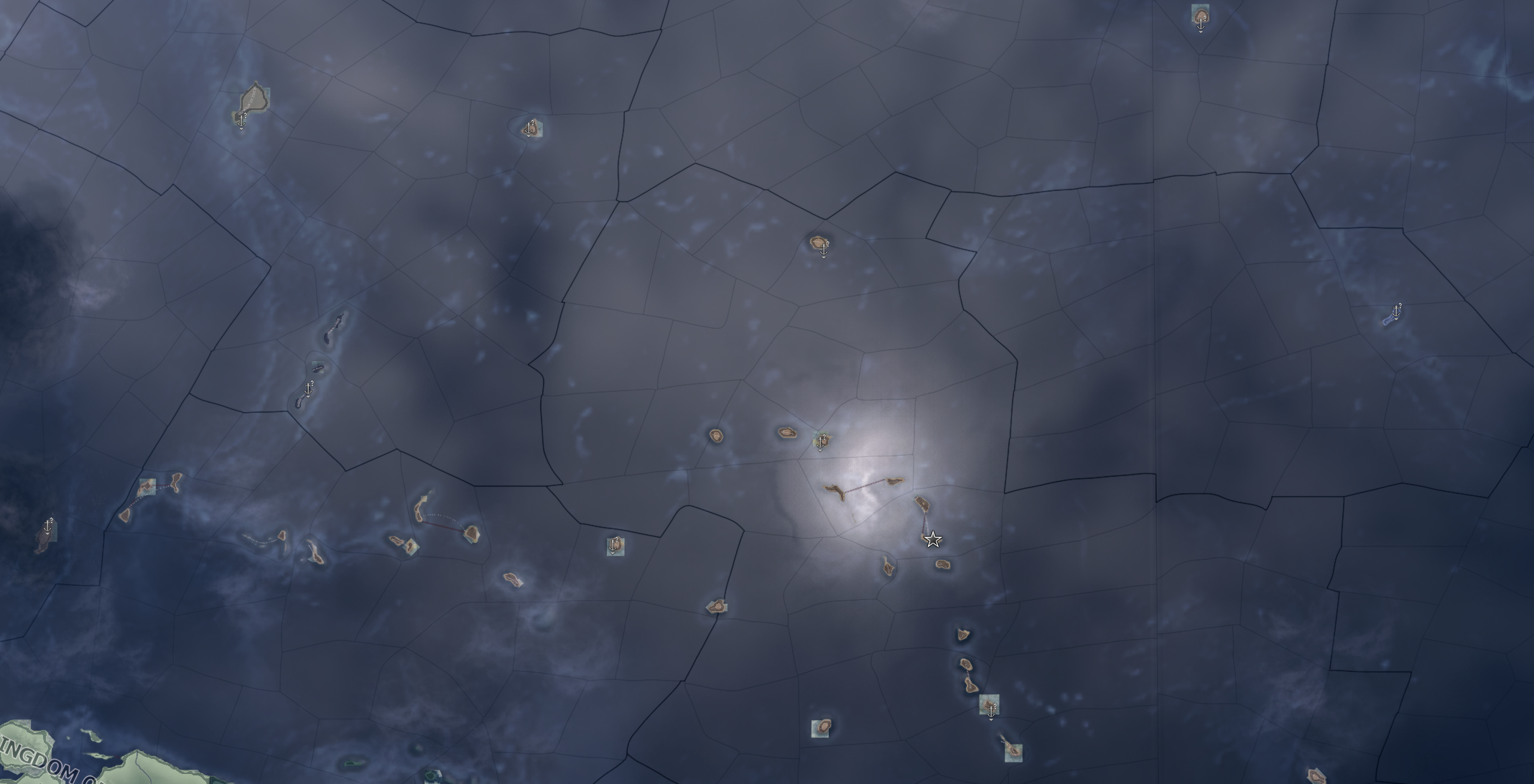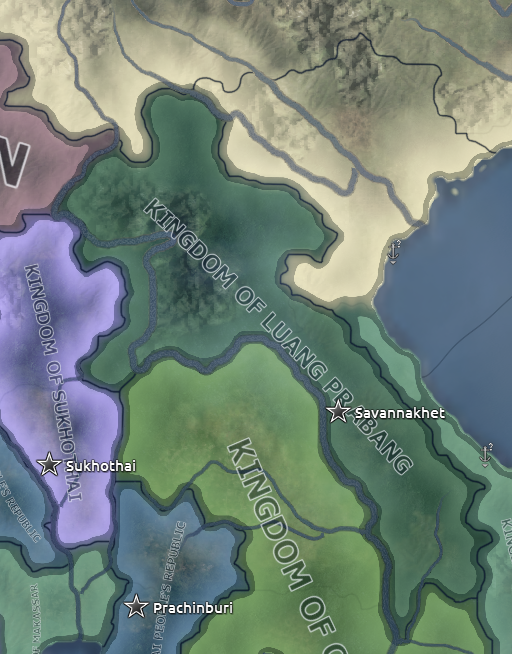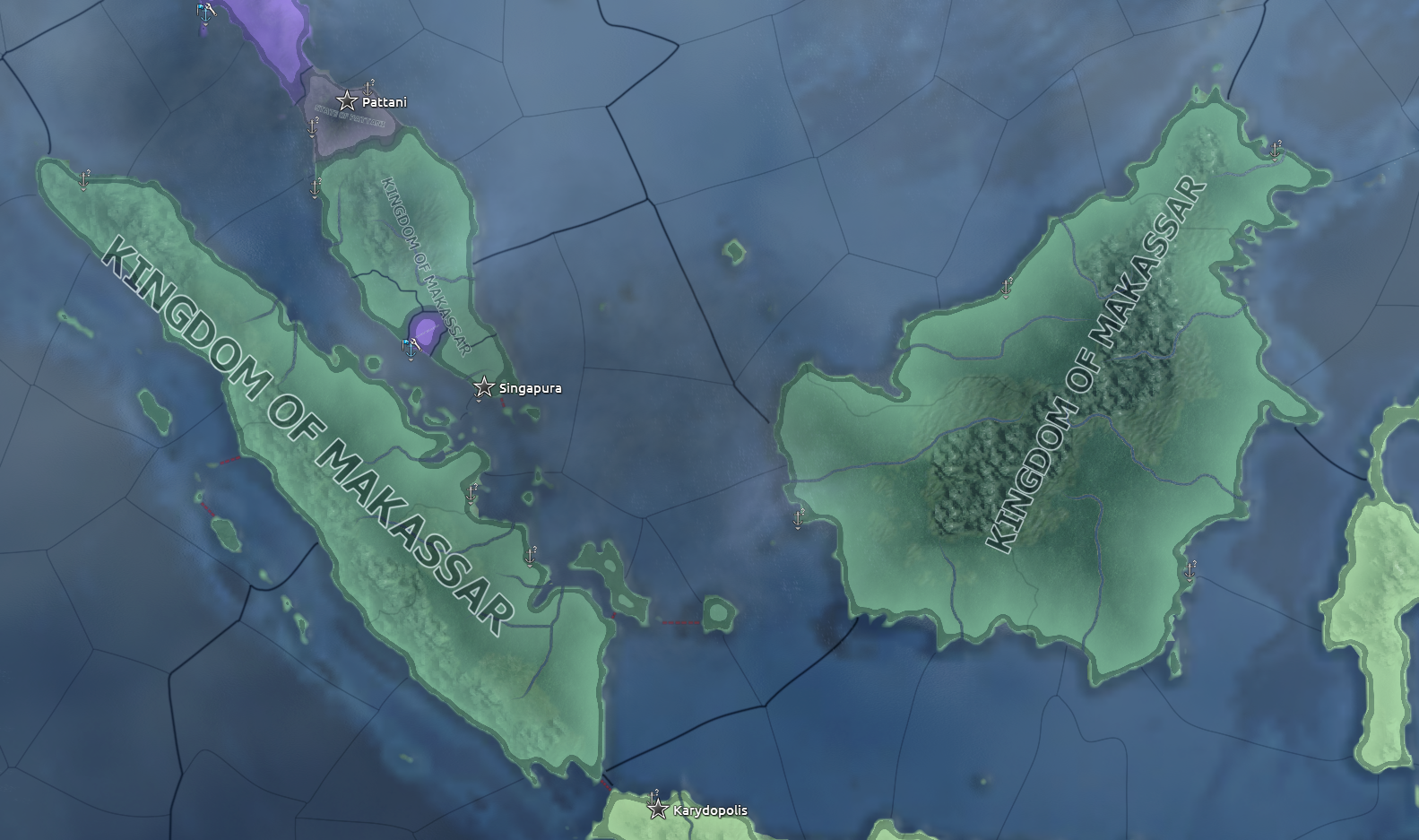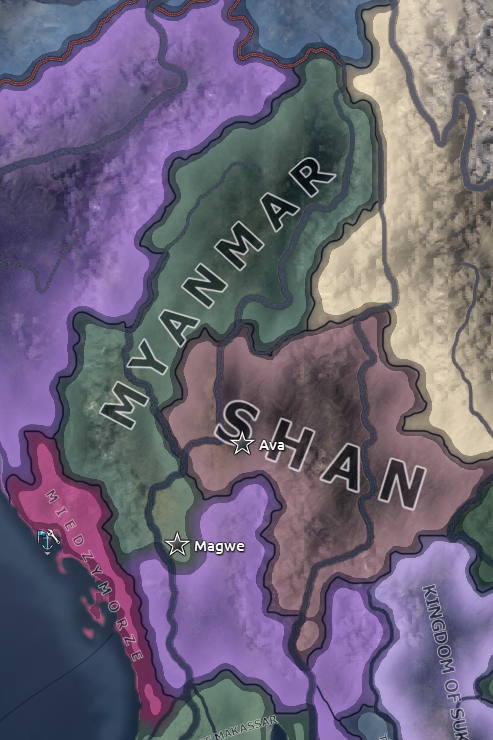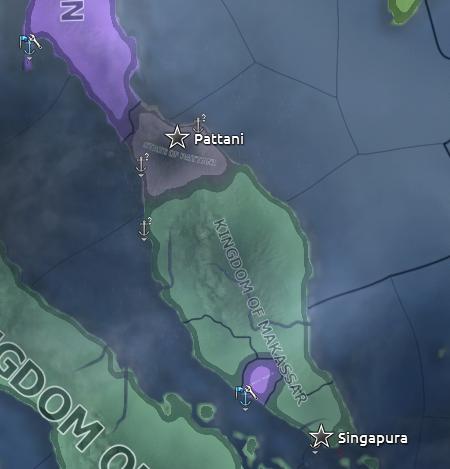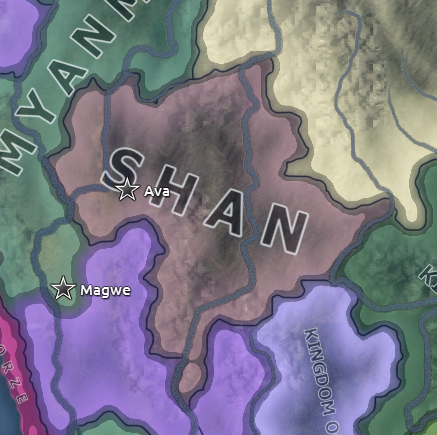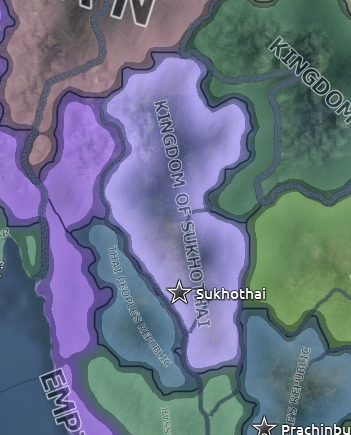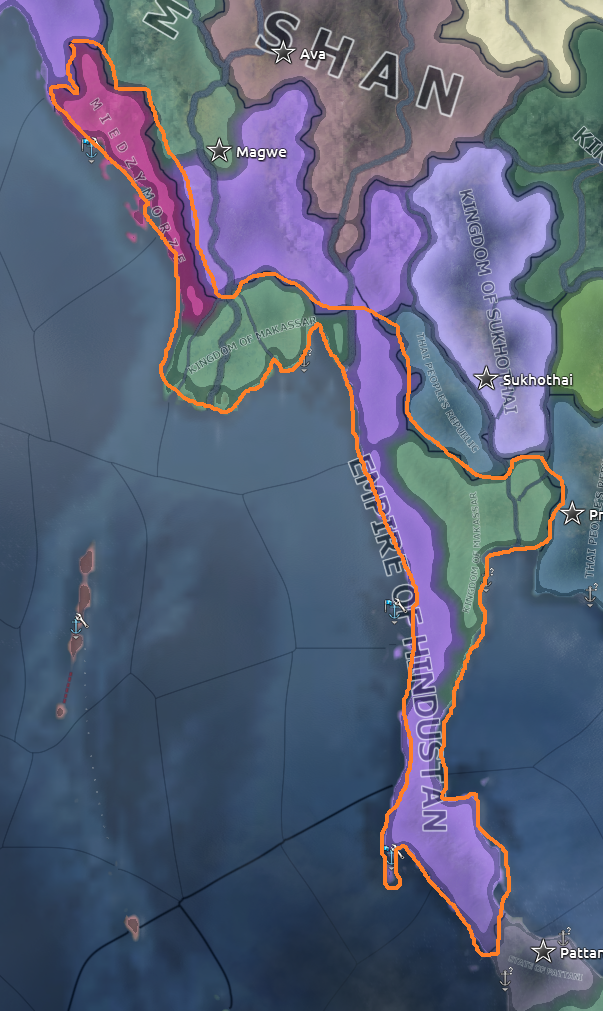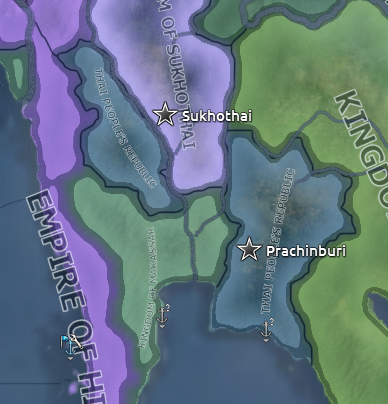120. Election Day - Leading up to the Election
Rome
September 1, 1936
Consul Giuseppe Lombardi sat at his desk, leafing through the pile of paperwork in front of him. It was the less glamorous part of his job, but no less important, especially with the additional powers granted to him. He had already overseen several investigations into the former Squadristi, rooting out the troublemakers who had gone into hiding following the failed attempt on his life. It still irked him that these men had once been his loyal followers, but he could not grant them leniency without looking weak. They had faced the full extent of the law, with many having faced trial or having been thrown in jail. The remaining Squadristi who had not been implicated in any crimes had seamlessly been integrated into his personal staff, the army, or some other branch of the administration. As long as they didn’t prove troublemakers, their loyalty would prove a great boon.
Skimming through a few financial records, Giuseppe came to a report that mattered greatly to him. It was an update on the fortification effort in the Alps. Construction was going smoothly and on budget. The line of forts dotting the Alps would prove a great deterrent to anyone daring to attack Italy from the north. These defensive plans would not stop with these forts though. Giuseppe had already started drafting up plans for the expansion of several key shipyards across the Roman Republic, something he hoped to present to the Senate sometime next month. He technically did not need their approval, but he found that everything went more smoothly for all involved if they felt they had some say in these matters.
As Giuseppe reviewed the costs for the mountain fortresses, his office door opened and Paolo Favero stuck his head in. “May I interrupt?”
Giuseppe briefly glanced up from his paperwork, but otherwise gave no sign of acknowledgement other than a small beckoning wave of his hand. Paolo grinned and strutted into the room.
“You know it’s not good for your eyes to be staring at all those papers all day,” Paolo said, standing before Giuseppe’s desk with his hands on his hips.
Without looking up, Giuseppe said, “This isn’t the Dark Ages. I’m not reading these by candlelight.”
“Yes, but the contents are so boring that you’re liable to go cross-eyed.”
Giuseppe slowly lowered the paper he was holding, the barest hint of a smirk showing at the corner of his mouth. “Is there a reason you’re here, other than to interrupt my work?”
“You mean other than to visit my dear friend?” Paolo held his hands out to his side, a smile still on his face. “Do I need any other reason?”
Giuseppe leaned back in his chair and crossed his legs. “I suppose not.”
“Good,” Paolo said, plopping down in a nearby armchair, “because I have something important to discuss with you.”
Giuseppe blinked but otherwise said nothing. Usually when Paolo had something to discuss, it was a personal matter or about one of his hobbies, not something worth disturbing the Consul during his working hours. Giuseppe nodded for Paolo to proceed, not wanting to take away even more time from his day.
Paolo licked his lips, leaning forward in his chair and clasping his hands together. “I’ve been thinking….”
“Ah, so that’s where that burning smell is coming from,” Giuseppe said, not missing a beat, gently biting his lip to hold back a laugh.
It took Paolo a second until he caught on, his nose scrunching up before he let out a light chuckle. “Very funny, but this is serious. I’ve been thinking about you, about your role here and how you can best lead us forward. Do you have a plan? Do you know what you intend to achieve and how to get there?”
Giuseppe took a moment to mull over Paolo’s words. It was not often that his friend brought up such topics. He was not usually one to go too deeply into politics, although he had clearly bought into Giuseppe’s political views over the years. Most of the time he left such thinking to Giuseppe and provided financial backing when needed. It was not often he wanted to know the details.
“Of course I know what I want to achieve. I made that clear during my election campaign, and I fully intend to fulfill those promises. I will see our nation reborn anew, turned into something great. Our nation grows more stable by the day, and soon we will be a formidable power on the world stage.”
Paolo nodded. “I see. But have you thought about how you will achieve that?”
Giuseppe took a good look at his friend, trying to get a better sense of his thoughts. He had clearly brought this up for a reason, but why? Usually Paolo was so easy to read, but not today. His expression remained intense yet thoughtful.
“I have already made great gains towards that. Corruption in government has all but been rooted out, and the Senate is fully behind me. Efforts to fortify the country are progressing as planned, and soon we can move on to other efforts to strengthen the nation. It will take time, but we are building this country into something great.”
“But how long will that last?” Paolo said, shuffling in his seat. “Sure, the Senate may have granted you emergency powers to aid your efforts, but who is to say they won’t change their minds months down the road when the initial crisis dissipates. And what of an election? One day you will need to face re-election, and who is to say the people’s minds won’t have changed since then. The people are fickle, and they will focus on your few mistakes rather than your many successes when the time comes. Despite your best intentions and all the good you have done and will do, you may find your journey cut short by the very people that put you into power.”
Giuseppe tried to read Paolo again, but the man was now staring down at the floor, his usually peppy demeaner having dampened considerably. It was not like the man to be so pessimistic. “What has brought this on?”
“Nothing in particular,” Paolo said. “I’ve just been thinking about the future, and I worry that despite everything you intend to do, you will fall short because people are too short-sighted to recognize the good you will do for Italy.”
“I assure you,” Giuseppe said, “I do not intend to go down quietly, if at all. I will fight for this country until the end.”
“I know,” Paolo said, finally making eye contact with his friend. “I just worry that you are so focused on the goal and getting there that you aren’t securing your flank. You need to secure your base, before they turn on you.” He licked his lips nervously. “You already faced a significant setback with the Squadristi, and I feel you may be neglecting the rest of your supporters now that you are in power.”
Giuseppe was taken aback by the boldness of Paolo’s statement, although he did not show it. He was fully aware of the damage the Squadristi had caused, and had spent a great effort not only cleaning up the aftermath but turning that betrayal to his advantage. Still, he could recognize some truth to Paolo’s words. He had been fixated on other things, as well as pacifying the more troublesome Squadristi, that he had not paid much attention to those who put him in power.
“What do you suggest?” Giuseppe said.
“Too much time has been spent trying to win over or pacify the more militaristic and jingoist members of your support base. You need to work on the more traditional-minded members, those from old families and distinguished backgrounds, whose roots are deeply tied to this nation. They hold vast power and wealth, and their loyalty will secure you great resources to be used to keep you in power. You neglect them to your detriment.”
Giuseppe nodded, seeing Paolo’s point. Indeed, he had been consumed with trying to keep the Squadristi in line that he had ignored the less boisterous supporters who had backed him. Looking over at Paolo, he could tell that he had more to say but was holding it back for some reason. With a gentle wave of his hand, Giuseppe said, “Go on.”
“To win them over—” Paolo said, pausing mid-sentence as his voice cracked and he needed to clear his throat. “—you need to remind them that you are as deeply tied to this nation as they are. You need to show them that you and your family has played an integral role in the region, and that you are the continuation of a prestigious lineage that they can recognize and support. You need to acknowledge where you came from and embrace it. You need to—”
Giuseppe raised a hand, cutting Paolo off with a stern look. He knew where this was going, for this had been a discussion he had had with Paolo many times before the election. “No, I will not acknowledge my father or invoke his name for some petty political play.”
“But you must,” Paolo said, pleading with his eyes. “You are the only child of Italy’s first and only king, the man who liberated us from imperial rule. Your father saved the Italian people and is an example for us all.”
Giuseppe abruptly rose to his feet, slamming his hands on his desk and startling Paolo. “My father was an egotistical fool who only cast off imperial rule so he could play king. He cared nothing for the Italian people other than as a source of tax dollars to fund his many vanity projects. The only reason his rule is remembered fondly is because he died before anyone noticed what an idiot he was.”
“You don’t mean that,” Paolo said with a frown. “He was your father.”
Giuseppe’s lip twitched, and Paolo recoiled ever so slightly. “My father,” Giuseppe said, clenching his teeth tightly. “The only reason that man kept me around is because I was the only child he managed to sire. If he had fathered a legitimate son, he would have cast me out into the street without hesitation. I was merely a backup plan to him.”
Paolo was practically sinking into his seat at this moment. With a sheepish look, he said, “Well surely you must recognize that without him we wouldn’t have managed to free ourselves from the Empire. Regardless of his motives, he was the one that led the charge for freedom. He even freed us from the imperial puppet that is the Church, guiding us towards the true faith, Catholicism. It is because of him that we are freed from these ties and can live as an independent country.”
Giuseppe let out a strained laugh, and Paolo somehow managed to sink further into his chair. “Do not remind me of his deal with the Devil. That man, in his infinite wisdom, decided to play God and cast aside over a millennium of religious tradition in the vain hope that cozying up to another religious leader would further legitimize his rule. Instead, it allowed that papal imposter to waltz right into Rome and seize power before my father’s corpse was even cold. Because of his short-sided ambitions, we were subjugated to Burgundian rule for two decades. Now remind me, how exactly did he win us our freedom?”
Paolo raised his hands in the air, finally submitting to Giuseppe’s arguments. “Fine, we won’t bring your father’s memory into this, although I still believe you should think on it.”
Giuseppe let out an angry but satisfied huff and returned to his seat. “Is there anything else you wished to discuss?”
Paolo’s went to shake his head, but then his face went white and he let out a nervous laugh. “Actually, there was one thing I meant to mention to you.”
“Well, what is it?” Giuseppe said rather rudely, his temper having risen after the last conversation.
Paolo’s lip trembled and he plastered on an anxious grin. “Well, the other day I was thinking of ways to help your cause, and I thought of a way to help secure some of your support base.” He tugged at his collar, sweat beads now showing on his forehead. “Your Catholic support base.”
Giuseppe’s eyes narrowed. He didn’t like where this was going. “Go on.”
Paolo let out another nervous laugh. “I may have sent a letter on your behalf to the Pope inviting him to Rome.” Giuseppe’s mouth curled up into a snarl, but Paolo kept going. “And His Holiness may have accepted that invitation.”
“You what?” Giuseppe said, bolting from his seat, sending several papers flying off his desk. He glared down at Paolo. “You thought it a good idea to invite that arrogant piece of filth to Rome and didn’t bother to ask me first?”
“He is the head of the Catholic Church,” Paolo said, his face growing surprisingly resolute in the face of Giuseppe’s anger. “He is God’s representative on Earth to many people in Italy, including yourself I may add, or did you forget that you’re Catholic too.”
“Not by choice,” Giuseppe said between clenched teeth, annoyed at being reminded of another of his father’s misguided legacies. “And a pile of horse shit would serve as a better representative for God than that man.”
Paolo’s face reddened, although Giuseppe couldn’t tell if it was from anger or embarrassment. His friend did his best to maintain his composure as he rose to his feet. “Regardless of what you think, he is coming to Rome in two weeks. You should use this opportunity to smooth relations with the Catholic Church and its followers.”
Paolo gave a polite nod, and with that, excused himself from the room. Giuseppe, stewing in his own anger, was left to contemplate what he was going to do about the impending state visit from a man he absolutely loathed.
Constantinople - October 9
The summer of 1936 went by in a blur. After Alvértos had made his declaration, Theodora immediately set to work helping set up election infrastructure across the imperial provinces. Irene held down the fort in the Senate, filling in for her once again. This time, there would be no fascist brothers lurking in the shadows, so things went smoothly there. Confident that Irene could do the job without anybody getting in the way, Theodora could devote her full attention to the election. She first went to Hellas, where she took notes on the pilot elections happening iin Athens under Ioannes' supervision. Where better to experience the democratic process than the city where democracy first emerged millennia ago?
While the election itself went smoothly, all of the infrastructure and institutions Ioannes set up doing their jobs perfectly, Theodora noticed that the primary flaws came from the people. There had been elections in Athens before, but they were only on the local level, for offices such as mayor. Modern Athenians hadn't cast votes for any political office higher than that, so they were predictably confused when Ioannes had, several months ago, told them they could now pick someone to lead the province and a political party to represent their interests in the capital. It took a while for Theodora to explain to them what a political party even was. They had only just shifted from "factions of like-minded senators," after all. Even after that, Theodora felt that most of the concepts and ideas being thrown around by various campaigns went over the heads of the average Athenian. Just a few months ago, these Athenians had been content with just picking a mayor every so often, but now a bunch of people they barely knew were talking things like tax brackets, military rearmament, national budgets, the legal privileges of the Church, educational reform, and so on. Theodora suspected a lot of them simply voted for the party with the most appealing name, nicest logo, or loudest campaigners. She didn't blame them—if she were in their shoes, she would have done the same. And this was in Athens, one of the Empire's largest cities. Local elections with dedicated infrastructure were common in the larger cities, but smaller cities and towns had no such luck. The village of Kodima, even though it laid on the outskirts of the capital and hosted the largest Imperial Army base in the Empire, chose its mayor by spoken consensus among adult citizens. And there were other towns run by local nobles or even bishops. No doubt their inhabitants would be even more confused.
October 9 was too soon, by her reckoning. She could set up the bare minimum infrastructure by then, but cultivating the right mindset in the people so they understood what the new system was would take much longer. The Empire had not had a democratic tradition since the days of the Republic. True, the emperors of late Antiquity had always tried to maintain the illusion of the Republic's continuation, but that fiction had been largely dropped by the time the seat of power shifted east to Constantinople. By then, the Senate had split in two—one in Rome, which died a slow death as the city was repeatedly sacked and various medieval powers conquered Italy, and the other in Constantinople, which became staffed with nobles and bureaucrats all with an interest in not undermining the Emperor's divine right to rule. For centuries, everything had been decided by those at the top: the Emperor, the nobility, the Church. Nobody else had the chance to decide for themselves how things should be run. This had gone on for so long that the average person couldn't think such an option was possible. It would take years to change that mindset. But she would try. As someone born with the privilege to decide, she wanted to use that privilege to give it to everybody else. That way, they could achieve Alithiní Anástasi.
Still, it was what it was. If His Majesty decided on October 9, then she would have to make do with October 9. She would have to work even harder.
After Athens, she toured the other provinces under imperial control, making sure to set up infrastructure in as many important population centers as she could. She reached out to local authorities—mayors, nobles, and clergy—and utilized their resources and influence to not only make sure the infrastructure was in place but also ensure people were informed of what was happening. The exact details differed on the area. What worked in Athens couldn't be directly applied to Smyrna but slightly adjusted to fit local conditions. And as she traveled, she took down notes on each region's culture and society, to be used when writing up the new constitution. A less scrupulous individual would have used those notes and the infrastructure to ensure the KRA dominated imperial politics for all time, but she knew how self-defeating that would be, both for the KRA and the Empire at large. They would do things legitimately and fairly, and the people would decide for themselves who would represent them.
Funnily enough, although she had devoted weeks to setting up election infrastructure and teaching the people about the basics of representative democracy, she herself had barely campaigned. Most of the KRA's campaigns were handled by the others in her party, separate from her own work, allowing her to do her work without worrying about the KRA's performance or any potential conflicts of interest.
Finally, October 9 arrived. All of the preparations were now in place. Compared to the work she had just done, the actual election day itself was fairly normal. She first visited the polling office in Constantinople where Alvértos cast the ceremonial first vote. After that, she and Alvértos made their way to the Senate, where the senators ceremonially acclaimed him as the Emperor. Next came the coronation at Hagia Sophia, and afterwards they attended the Hippodrome to receive the people's homage. There wasn't much walking to be done during all this, as all of these buildings were very close to each other. They were done by lunchtime. With all of the ceremonies concluded, Theodora went back to the polling office, set up in a wing of the Great Palace, to greet other voters and help serve food. It was Irene's idea to call on the Arcadia for catering, and it was a good decision, because the promise of quality steak after voting brought far more people to the polls than Theodora had previously expected. Arcadia, I at least expect a discount after all of the business I brought to you guys.
Eating alongside other Constantinopolitans, the infrastructure she set up sprung into action as the results came in. To ensure a fair and transparent vote counting process, she had helped set up a nonpartisan Imperial Elections Commission. There was an extremely complicated process by which it would verify the integrity of ballots, prevent repeats by the same person, crack down on attempted fraud on both the personal and institutional level, certify the results as being valid, and hold recounts if absolutely necessary. She would explain it, but it would take way too long, and she had intentionally separated herself from the commission's own inner workings to avoid taking advantage of it. Suffice it to say that the commission, although it wasn't perfect, would serve its purpose and make sure the final tally was as accurate and fair as possible. Close integration with news networks allowed the results to be broadcast across the Empire via radio and telegram nearly as soon as they came in, adding a bit of spectacle. By the time the sun set, a majority of polling stations had counted a majority of their votes, and their results had been certified by the Imperial Elections Commission.
In the end, five parties dominated the results. The KRA came in first place, with nearly a quarter of all votes at 24%. Next was the Klenoi with 23%. After that was the ANE at 22%. The socialists and farmers took the rest. Nobody had gotten a clear majority, which was expected. As the party with the most votes, the KRA would have first pick of forming a governing coalition. The Klenoi were open to an alliance. She did plan to reach out to them the next day, but even if the two of them joined forces, that would still only net them 47%. Working with the ANE was out of the question, which meant they would have to work with either the Koinonistikai or the Georgikó Komma. That was where the problem laid. She personally had no issues bringing either or both of them into the alliance, but the Klenoi might object to the Koinonistikai, while some of the KRA's constituent parties might not be willing to work with the Georgikó Komma. She would have to discuss it with the Klenoi and the other KRA leaders. If worst came to worst, they would have to form a minority government. Which wasn't a bad thing, but they would have to tread carefully in such a scenario. With tensions rising in Europe, she would prefer if the government had a solid mandate to confront the coming crises.
Oh well. She would handle that in the Senate on October 10.
Rome
September 16, 1936
Consul Giuseppe Lombardi looked up at the clock on the wall for perhaps the third time in the past hour. Arrangements had been made for Pope Rhaban VII, or Albrecht Held in less Catholic circles, to meet Giuseppe at the Palazzo del Quirinale at noon; it was now half past twelve. As a man who had spent time in the military, tardiness was not something he allowed in himself or others. Yet he was dealing with the head of the Catholic Church and could thus do nothing but stew in anger as he was forced to wait for the Burgundian leader to arrive.
“Where the hell is he?” Giuseppe muttered under his breath, pacing back and forth in the entryway. He adjusted the collar of his uniform, for he had put on his ceremonial military attire just for this occasion. He was just about to storm off to find someone who could look into the Pope’s lateness when he heard a phone ring in the other room. It was soon picked up and he could hear muted conversation. Then there was silence.
Giovanni, Giuseppe’s personal aide, stepped through the door from the other room. He gave a polite nod to the Consul and said, “Sir, we just received a message from the Pope. He apologizes for his tardiness, for the morning mass he was holding went longer than expected. He finds himself fatigued from the sermon and thus requests that you join him at St. Peter’s Basilica this afternoon for your meeting.”
Giuseppe held back a scowl. The Pope had been in Rome less than a day and the power plays were already beginning. Sure, the request on the surface seemed innocent enough to the untrained observer, but Giuseppe knew that the Rhaban would not have been worn out by a simple sermon. No, he wanted Giuseppe to come to him, not the other way around. He wanted to play host, even though he was the visitor in this country he once ruled. He was trying to establish dominance in a conversation that had not even started.
Despite his reluctance to give any ground to the Pope, Giuseppe could not simply ignore the request. If he held off on the meeting for too long, it would reflect poorly on him, especially since it had been Giuseppe, through Paolo’s misguided actions, who had invited the Pope to the Roman Republic. He would have to concede this round but would make sure it did not happen again.
“Fetch a car,” Giuseppe said to Giovanni. “I need to get to St. Peter’s Basilica immediately.” Giovanni nodded and set off to fulfill the request.
Less than an hour later, the Consul’s car drove up towards St. Peter’s Basilica. A group of a few hundred people were gathered outside in the courtyard. As Giuseppe’s car rolled up, dozens of excited onlookers waved. Their exuberance was over-exaggerated, and Giuseppe wondered if they had been instructed to act this way. Their attitude stood out against the rest of the crowd, which milled around silently, making mock gestures of excitement but seeming anything but. It almost appeared as if they had been coerced into attending, and Giuseppe was wondering just that as his car come to a stop.
As he stepped out of the car, Giuseppe was met with the flash of cameras as a group of reporters snapped his photo. He did his best to smile and wave as the constant flashes nearly blinded him. The fact that he had not even known he was going to appear here until an hour ago meant that there could only be one person who knew to warn the reporters ahead of time.
As if summoned by Giuseppe’s thoughts, Pope Rhaban VII stepped through the large doorway of the basilica. He wore his papal vestments, a white alb (robe) covered by a red and gold mantum (cloak). Atop his head he wore a gaudy papal tiara, with every inch of its surface covered in gold and gems. As Rhaban stepped out onto the top step, Giuseppe noticed four altar boys following behind, holding his trailing falda that dragged behind him. The Pope waved to the crowd below, who broke out into a wild frenzy of fanfare. Yes, they had definitely been paid to be here.
After waving to the crowd, Rhaban noticed Giuseppe standing at the bottom of the steps and offered him an overly friendly smile. “Ah, you have finally arrived, my child. Come closer and pay your respects.”
Giuseppe resisted the urge to roll his eyes. He should have expected no less of a pompous show from this man. Maintaining his composure, he made his way up the steps to the Pope. He kept his eyes on Rhaban, knowing that the man surely had another plan in motion to establish his dominance over the Consul.
As expected, as soon as Giuseppe drew near, the Pope held out his hand, displaying a golden ring with the most enormous ruby upon it. He presented it directly to the Consul, and it did not take long for Giuseppe to catch on what Rhaban wanted. He wanted the Consul to kiss his ring, clearly establishing who held the power here. Giuseppe also couldn’t help but notice that the reporters had followed behind him, ready to snap a photo of the two’s meeting. He wasn’t about to give this man such an easy victory.
Without hesitation, Giuseppe went past the proffered hand, moving to stand beside Rhaban instead. He then reached out and took the Pope’s hand in a firm handshake. Before Rhaban could turn things in his favour again, Giuseppe turned to face the reporters and smiled. As he turned, he caught the moment of surprise on the Pope’s face, one that was quickly replaced with the usual fake smile as he realized what was about to happen. The cameras immediately started flashing as soon as the two faced the reporters, capturing the image of the two locked in a handshake as equals. One victory for the Consul.
Once the reporters were done, Rhaban beckoned Giuseppe to follow, leading the way into the basilica. Giuseppe had to follow off to the side, for the trailing falda took up all the space behind him, along with the altar boys carrying the long piece of fabric. As they walked, the two admired the architecture and artistry of the building. Giuseppe had not set foot in St. Peter’s Basilica since he was a child, so his memories of the exquisite building were vague at best. It was truly a wonder to behold, every surface covered with gilded decorations, elaborate stonework carvings, and paintings dating back centuries.
Noticing Giuseppe’s admiring gaze, Rhaban smiled and said, “I do so love seeing everyone’s impression of this monument to God. Truly it is one of the greatest works of the Church.”
“And surely they would love it back,” Giuseppe said, not missing the opportunity to dig in that this building was not the product of the Catholic Church and had been stolen from its true owners. The scowl on Rhaban’s face showed that that point had not gone over his head.
“Those heretics want a lot of things,” the Pope said, calming his expression. “But God has favoured the faithful and granted this monument to the true believers.”
Giuseppe wanted to comment that most of the people who called themselves Catholics these days were hardly that but held his tongue. The two walked in silence from then on until the Pope escorted Giuseppe into a side room. He beckoned for the Consul to take a seat in a comfortable-looking armchair and said, “Please wait here. I will return shortly.” Without another word, Rhaban exited through a door across the room, the altar boys following behind him.
For the next twenty minutes, Giuseppe sat alone, growing less patient by the minute. He was growing tired of being made to wait and felt that this might be just another power play. When Rhaban eventually returned, he decided that perhaps this wait had been justified.
The Pope had removed his papal vestments, and now wore a fine military uniform, much like the one Giuseppe himself wore. It was a stark contrast to his former outfit, much less cumbersome and far more utilitarian. The fabric had been dyed a deep burgundy, to match the same-named country that its owner led. Well over a dozen medals were pinned across his chest, and Giuseppe suspected that only half of them were honorary. Here stood the war hero Albrecht Held, a man who if a stranger met him in another setting would never guess he was also Pope Rhaban VII. Despite his hatred for this man, Giuseppe could not fail to respect that he had played an integral role in achieving Burgundy’s independence from the Empire through service in the rebel army. If he had not done that, perhaps he might not have become Burgundy’s leader to begin with.
“My apologies for the delay,” Albrecht said, taking a seat across from Giuseppe. “Despite my decades serving as head of the Church, I still find a uniform more comfortable.”
Giuseppe took the opportunity to assess the man across from him. Albrecht must have been in his 70s by now, yet he maintained the stature and vigour of a much younger man. Giuseppe very much doubted that he had failed to visit him at the Palazzo del Quirinale because of fatigue. That vigour extended to his eyes, for they were the eyes of a man who had fought tooth and nail to get to where he was. It was no wonder that he had managed to stay in power for over two decades. Giuseppe would have to be very careful.
“I would like to thank you for extending your offer of a visit,” Albrecht said. “I have always enjoyed this city. Rome is like a second home to me.”
Giuseppe did his best to appear unbothered by Albrecht’s statement. He was not oblivious to the fact that the man had once ruled over Italy, and not so long ago either. He silently cursed Paolo for inviting this viper back into the country. Not letting any of his thoughts spread to his expression, Giuseppe said, “Of course. It is the least I could do.”
“I also wish to offer my sincerest condolences regarding your father,” Albrecht said, plastering on a look of concern that was anything but sincere. “You were so young, and I don’t think I ever had the opportunity to speak to you at the time. I knew him quite well during his time as king, and he was one of the most devout followers of the faith. Often times I have contemplated granting him sainthood for his contribution to the holy church.”
“That is most kind of you to say,” Giuseppe said, returning a look that was equally as sincere. “I know he thought highly of you too.”
Albrecht perked up at the last statement, and Giuseppe resisted the urge to lambast the man for leading his father to his death. “That is good to hear,” Albrecht said, “and I’m certain that he would be very proud of you and your accomplishments.” Giuseppe highly doubted that was the case but kept silent anyway.
Straightening in his chair, Albrecht looked Giuseppe up and down, and he had the impression that the man was assessing him much as he had done earlier. He did his best to remain neutral, trying not to give anything away. After a moment of intense scrutiny, Albrecht said, “I believe we two are very much alike. We are men of action, who wish to serve our countries to the best of our ability and make our mark on the world.”
Giuseppe resisted the urge to laugh in Albrecht’s face. The very concept that they were anything alike revolted him. Albrecht didn’t seem to catch on to Giuseppe’s true feelings and kept speaking. “I have been watching your first steps into power and have been greatly pleased by your choices. You have shown great foresight and wisdom, especially when it comes to dealing with those who would stand in your way.”
Giuseppe leaned back in his chair, trying to puzzle out why the Pope was offering him such a compliment. There had to be an ulterior motive; there always was. He decided to remain silent, expecting an explanation would follow.
“It must not have been easy to turn on your own followers,” Albrecht said, “but it was the right decision. These jingoist ruffians, the ones people have begun calling fascists, are a dangerous element to those of us in power. They may help you if your goals align, but they are just as likely to push you too far and to a point where there is no turning back. I saw as much from those fascists in Burgundy and dealt with the threat before I could no longer contain them. I imagine you foresaw much the same and acted in a similar fashion.”
Giuseppe was still wary of Albrecht’s intent, but he supposed there was no harm in talking politics for now. “Your assessment is correct. The Squadristi were proving a liability, so I handled them before they spiralled out of control.”
Albrecht nodded, giving the faintest hint of a smile. “And turned their demise to your advantage too. Just how long are you to be granted these emergency powers of yours?”
“Long enough to deal with any threat that presents itself,” Giuseppe said, his eyes blazing with intensity. He wanted to make it clear that he would not allow anyone, especially the Pope, to contest his position.
Albrecht let out a light chuckle, seemingly unconcerned by Giuseppe’s statement. He waved his hand off to the side and said, “I also noticed on the way south the fortifications being constructed in the Alps. Are you preparing for an invasion?”
Giuseppe stiffened and carefully tried to judge the level of hostility in Albrecht’s voice. The Pope did not sound accusatory, although it would not be unsurprising since these defences would also be along the Burgundian border. He sounded more curious than anything. “It is better to be prepared, and the Roman Republic is ready to deal with any threats that present themselves.”
The Pope nodded thoughtfully at that, tapping his fingers along his armrest. After a moment, he looked towards Giuseppe, showing the slightest hint of concern. “Then you have noticed the growing threat too?”
Giuseppe was somewhat off put by that statement, although he relaxed somewhat that Burgundy did not interpret the fortification efforts as a threat. Was this about the Empire then? Indeed, they were the eternal bogeyman for any former imperial state, and the main impetus for all of the Roman Republic’s defensive plans. They needed to be ready if the Empire decided to reclaim its lost provinces.
Giuseppe was going to say as much when Albrecht spoke first. “The Germans,” he said, little more than a whisper, as if the Germans were listening in on their conversation. Giuseppe scrunched up his brow, for Germany certainly would not be on the top of his list of threats. While they had long been the enemy of the imperial provinces, he did not anticipate hostility with them unless either started expanding. Indeed, there could even be an opportunity to work together at some point in the future, assuming matters did not go downhill before then. The fortifications, while well placed to fend off a German invasion, were more a deterrent than an actual defensive measure for the neighbouring nations.
Not seeming to notice Giuseppe’s contemplations, Albrecht continued. “When I expelled the fascists from Burgundian politics, I placed several men loyal to me within their ranks. I had hoped to keep an eye on them in case they chose to retaliate, but what I learned instead was that many of them were migrating to Germany instead. And there rests the true threat. Fascist forces are gathering there, stirring up trouble in an already fragile political environment. I fear soon that they shall seize power and we will have war-hungry neighbour on our border. It is best that those of us of a more reasonable and civilized mindset stand together against such a threat when they finally decide that war is the only path forward.”
At last, there it was, the reason for this whole charade. Honestly, it was not one he had anticipated, for he had never expected for the Pope to come here looking for an ally. Such action from a man so vain spoke to the seriousness of the threat. Albrecht genuinely believed that Germany would soon be gearing up for war, and that Burgundy would be a potential target. Giuseppe felt a coldness in the pit of his stomach. Had he been so fixated on the Empire that he had underestimated the German threat? If Albrecht was right, would Italy be next?
Despite his feelings towards Albrecht, despite everything the man had put Italy through, there was little genuine threat from Burgundy. The two retained cordial relations, albeit someone strained based on recent history. It was not entirely impossible that the two countries could work together at some point in the future. Giuseppe hated to admit it, but he might just have to put aside his loathing of the Pope for the good of his country if the German threat turned out to be real.
With great effort, Giuseppe said, “You have given me much to think about. I will need time to think it over.”
“Of course,” Albrecht said, giving a nod. “I did not mean to suggest anything formal at this time, but merely wished to convey that such a thing may be required in the future.”
Albrecht rose from his seat, and Giuseppe soon followed. After smoothing his uniform, Albrecht said, “I know the two of us have not always seen eye to eye, but we may need to set aside such differences in the face of the German menace.” He offered Giuseppe his hand, and the Consul somewhat reluctantly clasped it in a handshake. “I hope this to be the start of a more beneficial relationship, for both our countries.”
Giuseppe could only nod along, his head reeling with all that had been said. He was practically on autopilot as Albrecht had him escorted to the exit and the two offered their farewells. The ride back to the Palazzo del Quirinale was quiet, with Giuseppe deep in his thoughts. Was this all another power play or was this a legitimate offer? There was this nagging sensation that Albrecht meant to use this to undermine the Consul and worm his way back into Italian politics. Yet he couldn’t deny that Albrecht’s concerns regarding Germany were legitimate. The growing nationalist fervour in Germany would likely prove a great threat to Burgundy. This offer by the Pope may well be him reaching out in desperation, seeking anyone that could aid him if the Germans resorted to war. Giuseppe did not think this was likely to happen soon, but it could be an eventual possibility.
The real dilemma was whether such an offer was worth pursuing. Did he even want to help Burgundy? Perhaps Germany would do him a favour by running the Pope out of Burgundy. Then he realized that if that happened, the Pope would inevitably come running back to Rome. That brought a scowl to his face. Perhaps this offer was worth considering just to avoid that possibility alone. As his car finally reached the front steps of Palazzo del Quirinale, Giuseppe knew he would spend many evenings thinking over this one conversation.
Constantinople
Despite having spent the past several months in Constantinople, Timon couldn't say that he had spent much of that time enjoying the city in its fullest. If he wasn't spending time heading to places to acquaint himself with stuff he has to know about now that he was the head of the estate here, he was largely spending his time back at the estate, reading up and catching up, and if not, being dragged into amusing shenanigans with friends and colleagues.
As he examined the itinerary for Coronation Day and Election Day, the young Thaddai came to a peculiar realization - he had yet to step foot in the Temple District within the historic center of the city. At that moment, he recalled something Father Erasmos had told him in private, that being that those in the Imperial core territories were far closer to the faith than those in Aotearoa, even with the recent boons the Archbishopric had received. Though the faith had always been a part of his life, given that the estate in Komnenion had its own chapel, and a room for Erasmos to stay in, but he was never told to be more active a believer. The family attended church service, and that's about as much he could say. His father was more active, but only to an extent, and his mother never really discussed it much either. None of his friends had been strong faithful either. He could attribute some of this to the legacy of the church in Aotearoa, as well as the separation of church and state practiced by the Exarchate. As a result however, given how swamped he's been with work, he's fairly certain he hadn't attended church service whatsoever since arriving in the mainland.
Thinking on it, Timon was sure that some of the stares he had received back in Trebizond, as well as some here in the capital, was because no one locally recognized/knew him from attending church service. He could only wonder what sort of implications that might raise in the eyes of others. Putting all that aside, as the coronation would continue after the Senate at the Hagia Sophia, that would be his first time visiting.
Soon enough, the day came, October 9th. The whole Thaddai delegation, of Timon, Franco, Konstas and Halia, were present for the festivities. Watching the ceremonial first vote, granting homage to Michael the Eighth in the senate, and then soon thereafter, heading to the Hagia Sophia. As they made their way to the cathedral, Timon was somewhat awestruck. Not even considering the sheer magnitude of the Hagia Sophia itself, he considered the very historical nature of the district - it was around these parts where the earliest form of the City, Byzantion, had been established. And now, today, it served as not just a major religious center, but as the historical core of the Ecumenical Patriarchate, with so many churches and monasteries, old and new, relatively. And the awe continued within the cathedral, and the scale within. The main cathedrals in Komnenion and Hilandaris pail in comparison. With his faith more casual than others, he couldn't deny the raw energy he sensed inside.
Following the end of the coronation, the Thaddai hung around a bit more, enjoying the festivities, but ultimately retired for the estate sooner than most. They would opt to hear the electoral results through the radio instead. Feelings were mixed at the estate over the results, especially that of ANE, but nothing could really be done about it.
The next day, the Thaddai delegation was once more present, this time for the senatorial session. As they waited for things to start, they enjoyed the morning paper.
- 1
- 1


